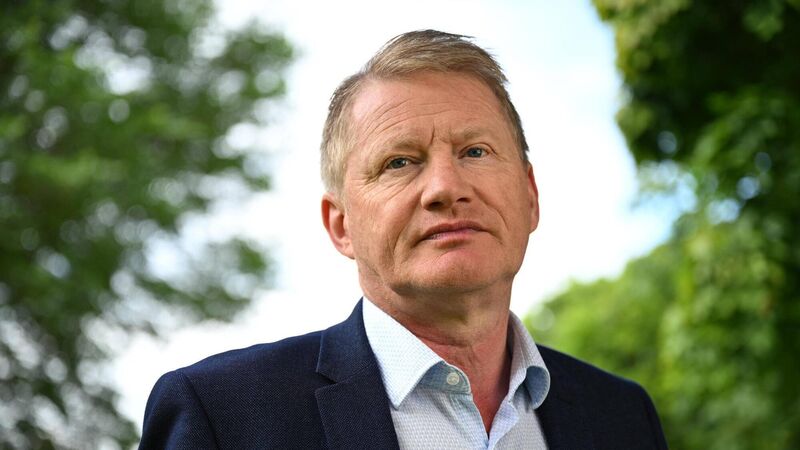Book review: Greed and duplicity pollutes our politics and environment

Author John Gibbons questions the influence of industrial lobbies in Ireland when it comes to environmental policy.
- The Lie of The Land: A Game Plan for Ireland in the Climate Crisis
- John Gibbons
- Penguin/Sandycove, €22.99
BOOKS & MORE
Check out our Books Hub where you will find the latest news, reviews, features, opinions and analysis on all things books from the Irish Examiner's team of specialist writers, columnists and contributors.







